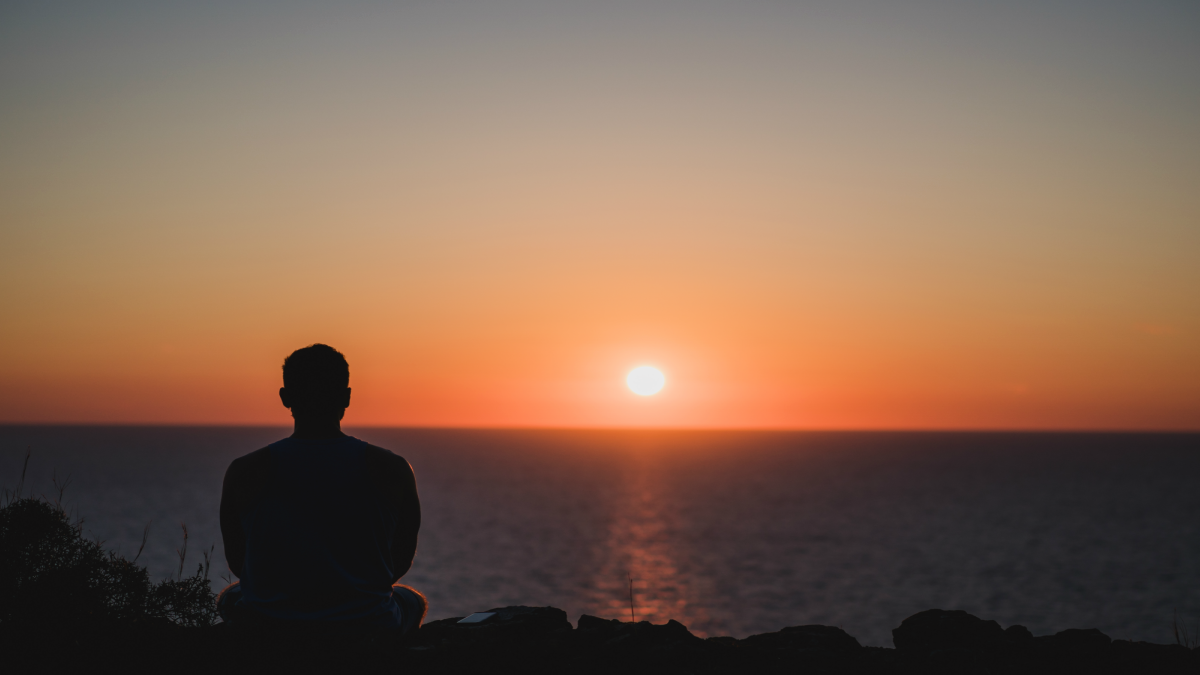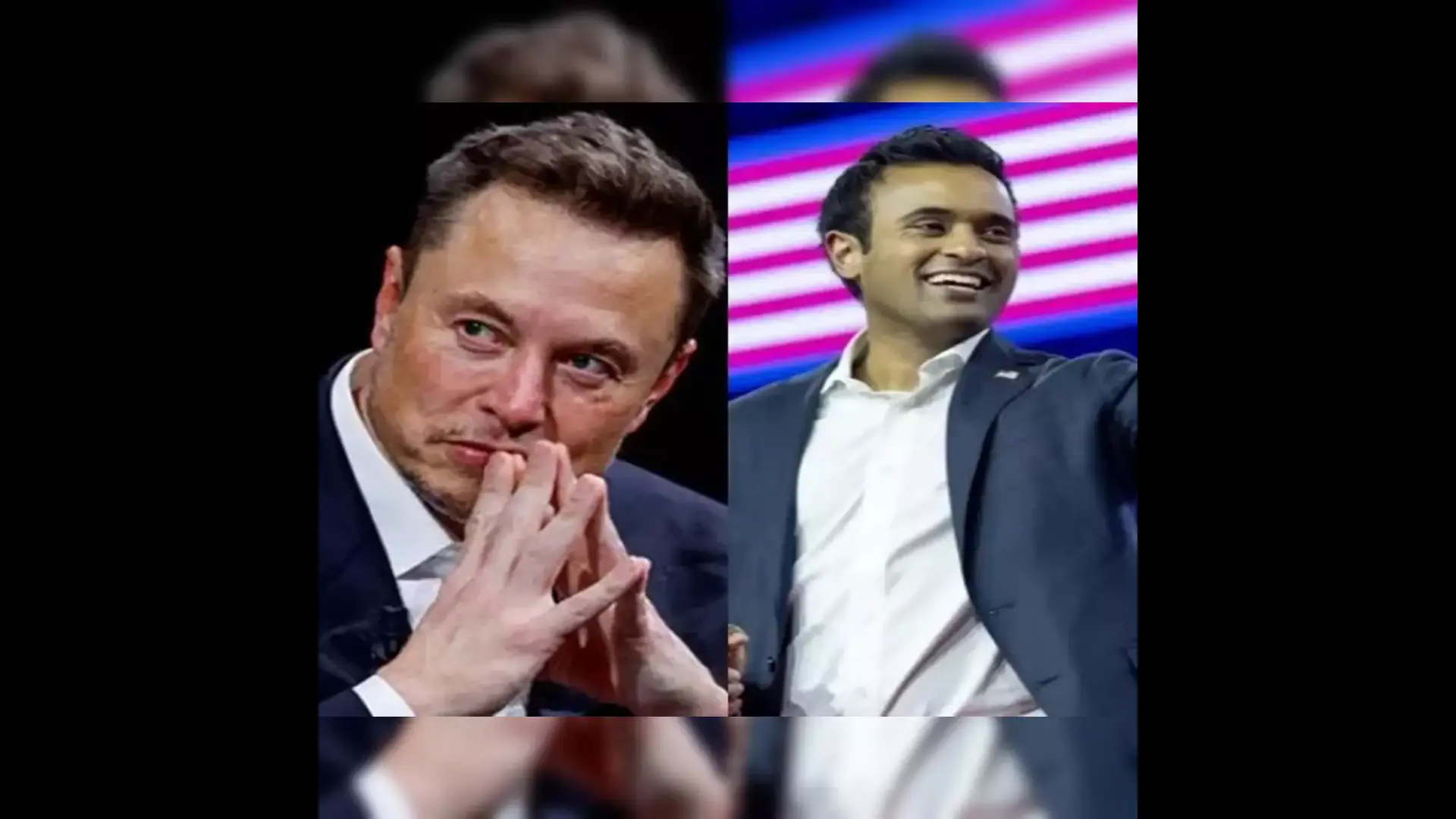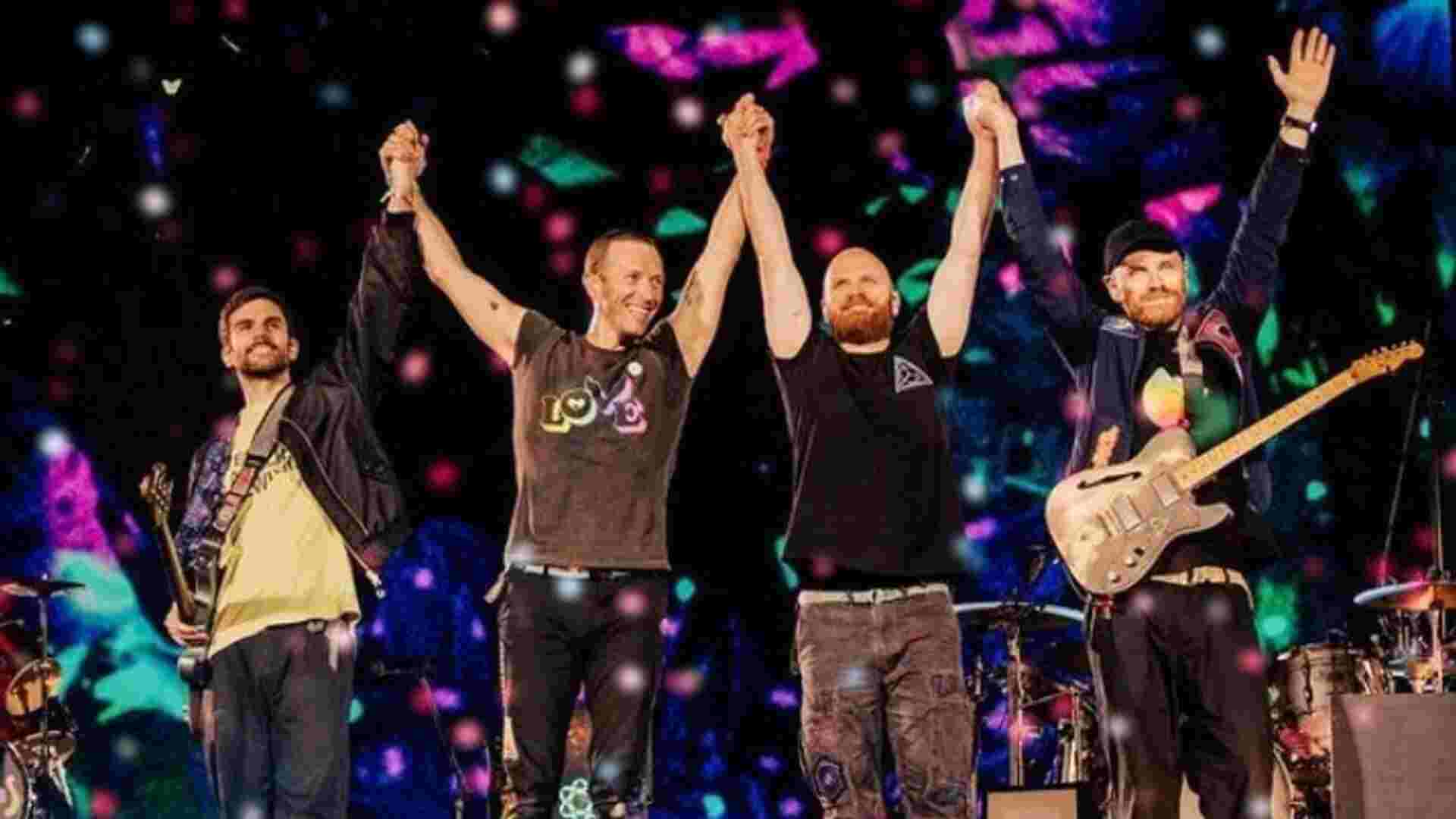
Man has throughout the ages been seeking something beyond himself, beyond material welfare—something we call truth or God or reality, a timeless state something that cannot be disturbed by circumstances, by thought, or by human corruption. Man has always asked the question: What is it all about? Has life any meaning at all? He sees the enormous confusion of life, the brutalities, the revolts, the wars, the endless divisions of religion, ideology, and nationality, and with a sense of deep, abiding frustration he asks: what is one to do, what is this thing we call living, is there anything beyond it?
And, having failed to find this nameless thing of a thousand names, he has cultivated faith in a saviour or an ideal and faith invariably breeds violence. In this constant battle which we call life, we try to set a code of conduct according to the society in which we are brought up, whether it be a communist society or a so-called free society; we accept a standard of behaviour as part of our tradition as Hindus or Muslims or Christians or whatever we happen to be. We look to someone to tell us what is right or wrong behaviour, what is right or wrong thought, and in following this pattern, our conduct and our thinking become mechanical, our responses automatic. We can observe this very easily in ourselves.
For centuries, we have been spoon-fed by our teachers, our authorities, our books, and our saints. We say, “Tell me all about it what lies beyond the hills and the mountains and the earth?” and we are satisfied with their descriptions, which means that we live on words, and our life is shallow and empty. We are second-hand people. We have lived on what we have been told, either guided by our inclinations, our tendencies, or compelled to accept it by circumstances and environment. We are the result of all kinds of influences, and there is nothing new in us, nothing that we have discovered for ourselves; nothing original, pristine, clear. Throughout theological history, we have been assured by religious leaders that if we perform certain rituals, repeat certain prayers or mantras, conform to certain patterns, suppress our desires, control our thoughts, sublimate our passions, limit our appetites, and refrain from sexual indulgence, we shall, after sufficient torture of the mind and body, find something beyond this little life. And that is what millions of so-called religious people have done through the ages, either in isolation, going off into the desert or the mountains or a cave or wandering from village to village with a begging bowl, or, in a group, joining a monastery, forcing their minds to conform to an established pattern. But a tortured mind, a broken mind, a mind which wants to escape from all the turmoil, a mind which has denied the outer world and been made dull through discipline and conformity such a mind, however long it seeks, will find only according to its distortion.
So to discover whether there is or is not something beyond this anxious, guilty, fearful, competitive existence, it seems to me that one must have a completely different approach altogether. The traditional approach is from the periphery inwards, and through time, practice, and renunciation, gradually to come upon that inner flower, that inner beauty, and love to do everything to make oneself narrow, petty, and shoddy; peel off little by little; take time; tomorrow will do, next life will do and when at last one comes to the center, one finds there is nothing there because one’s mind has been made incapable, dull, and insensitive. Having observed this process, one asks oneself, is there not a different approach altogether that is, is it not possible to explode from the centre? The world accepts and follows the traditional approach. The primary cause of disorder in ourselves is the seeking of reality promised by another; we mechanically follow somebody who will assure us of a comfortable spiritual life. It is a most extraordinary thing that although most of us are opposed to political tyranny and dictatorship, we inwardly accept the authority, the tyranny, of another to twist our minds and our way of life. So if we completely reject, not intellectually but, all so-called spiritual authority, all ceremonies, rituals, and dogmas, it means that we stand alone and are already in conflict with society; we cease to be respectable human beings. A respectable human being cannot possibly come near to that infinite, immeasurable, reality.
You have now started by denying something false the traditional approach but if you deny it as a reaction, you will have created another pattern in which you will be trapped; if you tell yourself intellectually that this denial is a very good idea but do nothing about it, you cannot go any further. If you deny it, however, because you understand the stupidity and immaturity of it, and if you reject it with tremendous intelligence because you are free and not frightened, you will create a great disturbance in yourself and around you, but you will step out of the trap of respectability. Then you will find that you are no longer looking. That is the first thing to learn not to seek. When you seek, you are only window-shopping. The question of whether or not there is a God or truth or reality, or whatever you like to call it, can never be answered by books, by priests, philosophers, or saviours. Nobody and nothing can answer the question but you, and that is why you must know yourself. Immaturity lies only in total ignorance of self. To understand yourself is the beginning of wisdom.
Sage, philosopher, and religious teacher, Krishnamurti illuminated the lives of millions the world over. It is estimated that he talked to more people than any other person in recorded history.
The question of whether or not there is a God or truth or reality, or whatever you like to call it, can never be answered by books, by priests, philosophers, or saviours. Nobody and nothing can answer the question but you, and that is why you must know yourself. Immaturity lies only in total ignorance of self. To understand yourself is the beginning of wisdom.















